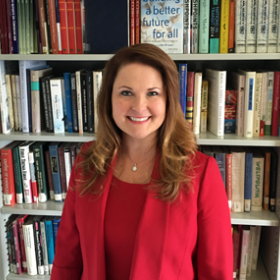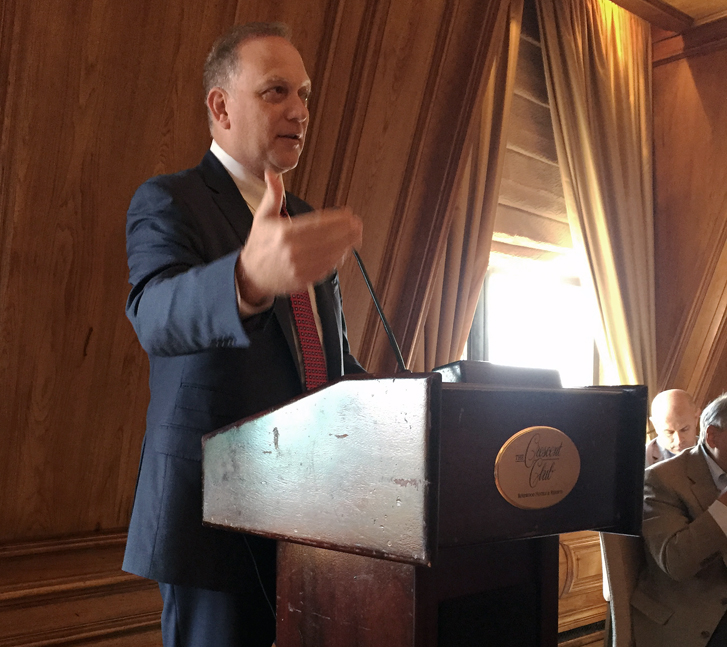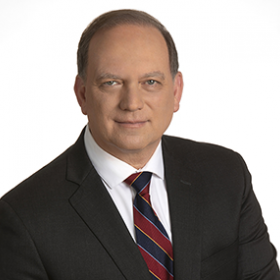
Complexities of Post-Referendum Turkey
As the EastWest Institute prepares to open an office in Istanbul, Chief Operating Officer Dr. William J. Parker III addressed Dallas members of Business Executives for National Security on June 27 regarding the complexities of a post-referendum Turkey.
Dr. Parker offered three theses on Turkey’s changes as a result of the April 16, 2017 referendum: first, Turkey has become significantly more complicated since the 2016 coup attempt and the Referendum; second, Turkey is located in a challenging geographic area and it’s important to view Turkey from the perspectives of Turkey itself, its neighbors and of the United States, and understand where each other is coming from; and third, Turkey matters; and U.S.-Turkey/Turkey-NATO relationships matter even more.
He explained how Turkey, with a population of over 80 million people, exists in a complicated region of the world surrounded by Armenia, Azerbaijan, Bulgaria, Georgia, Greece, Iran, Iraq and Syria, just across the Black Sea from Russia, Ukraine and Moldova. He stated Turkey has the second largest military in NATO, and that four million refugees have come to call Turkey their new home in the past decade. To put this influx of humanity into context, it would be the equivalent of the United States suddenly receiving a flood of 16 million refugees over a decade, equal to the population of 14 states, or 61 percent of Texas. Dr. Parker noted that Turkey does not call these new residents “refugees,” preferring instead to call them “guests,” as a sign of respect from Turkish citizens.
Dr. Parker also discussed key results of the 18 changes made to Turkey’s Constitution as a result of the referendum’s passing, which effectively transition Turkey from a parliamentary to presidential democracy, and reset term limits. The changes also provide for elections to be held within 45 days of the presidential post being vacated for any reason, effectively preventing a military coup from turning into a new government.



